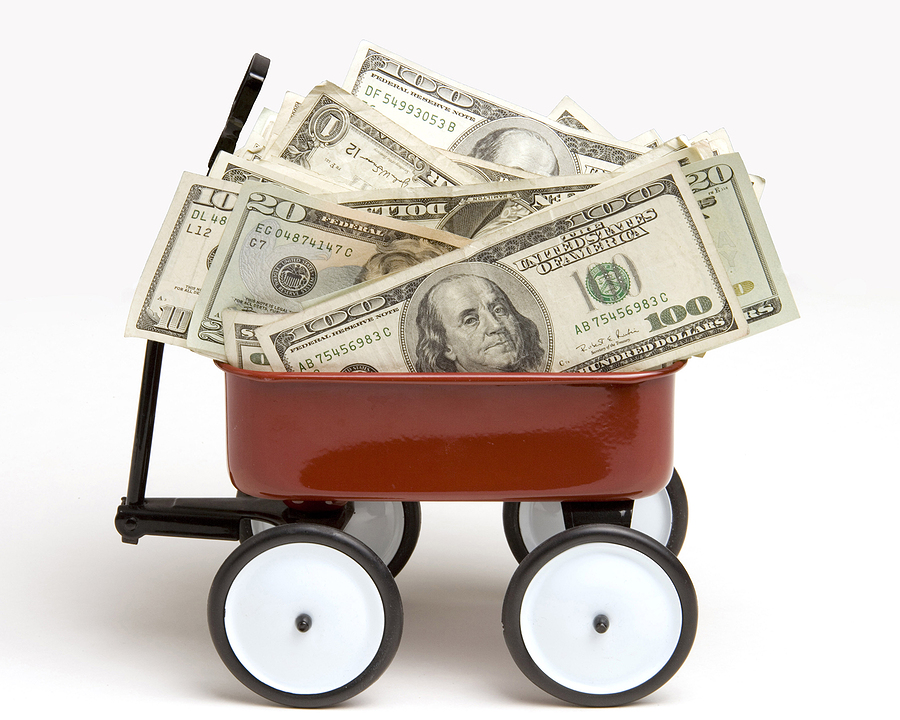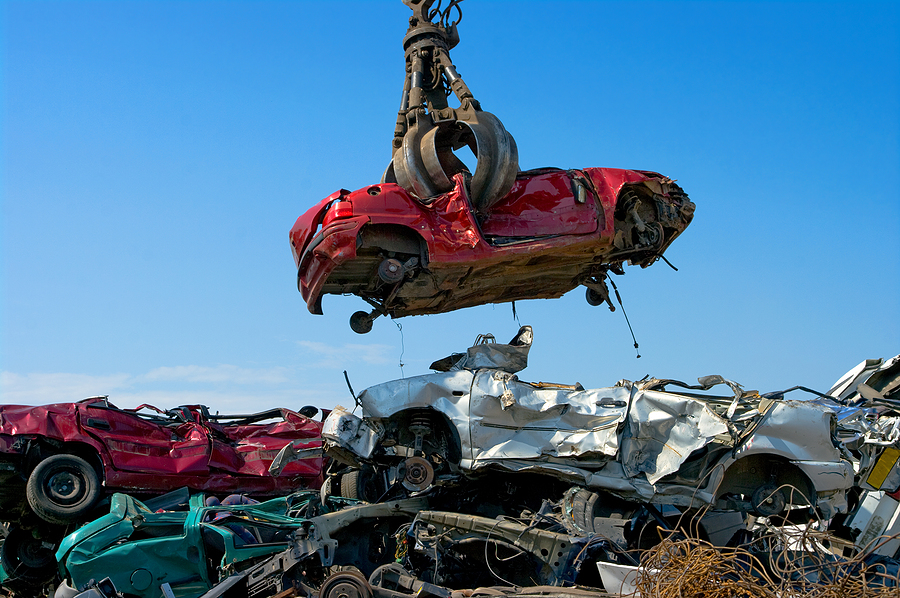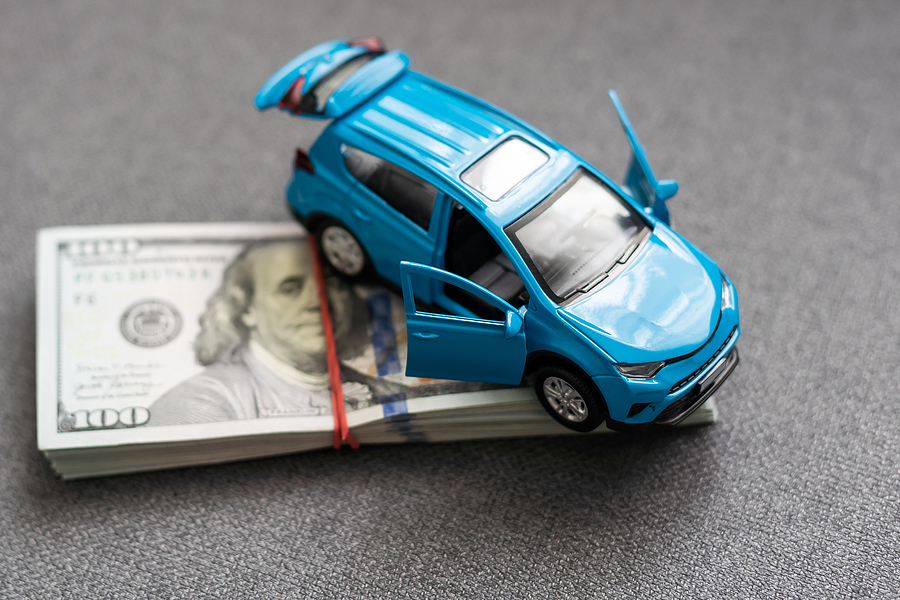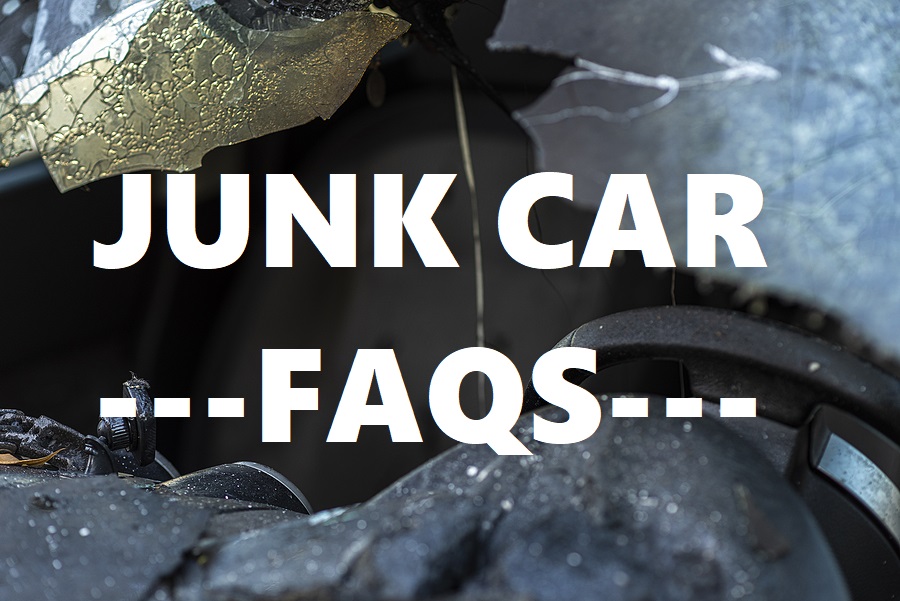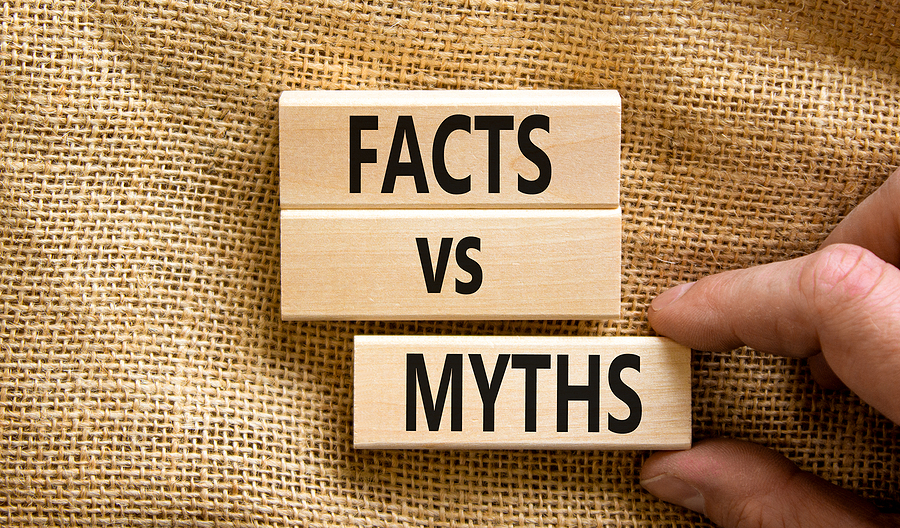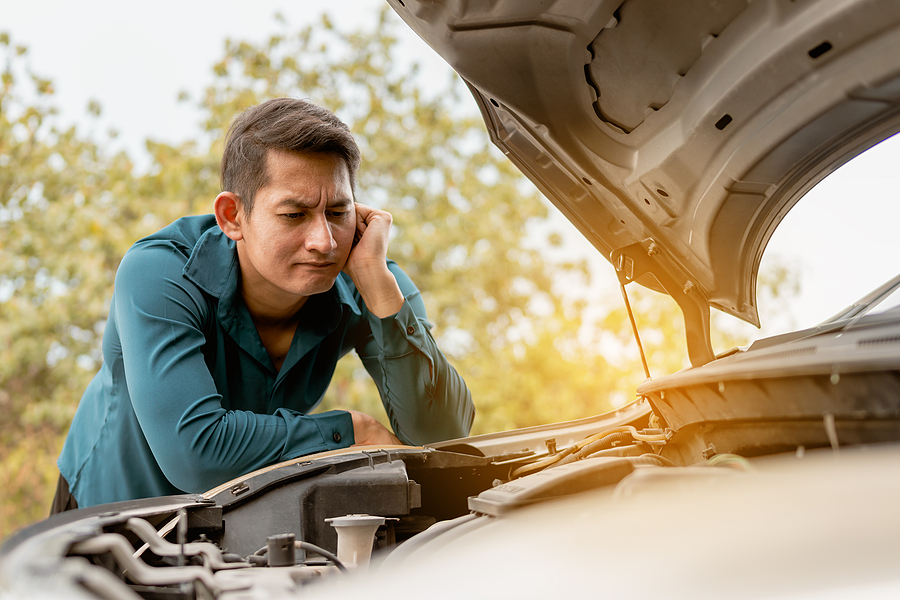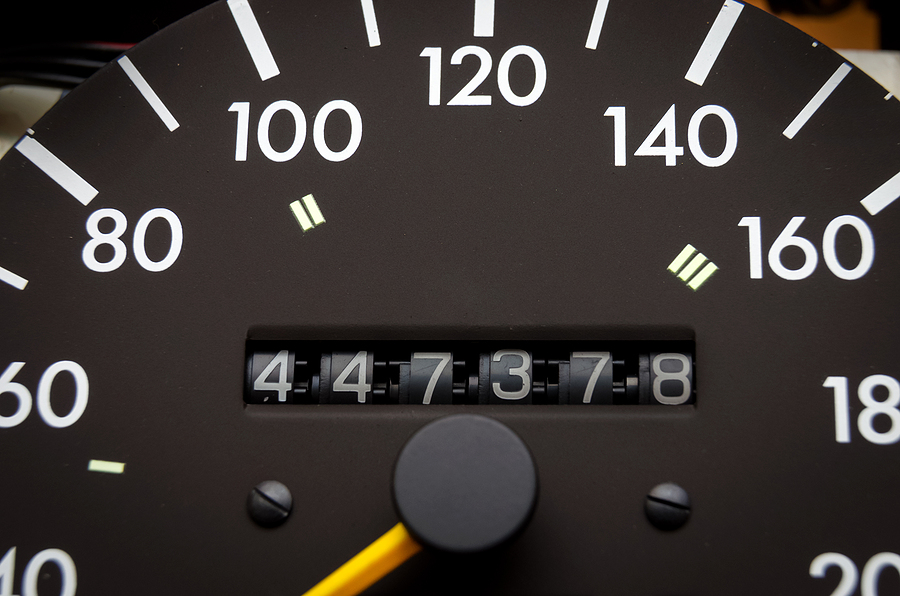Unexpected car breakdowns can be a financial nightmare. One minute you’re driving along, and the next, you’re faced with a repair bill that could rival your monthly mortgage. But it doesn’t have to be this way. By understanding the common causes of high-cost car breakdowns and taking proactive steps to prevent them, you can save yourself a lot of money and stress.

Common Causes of Major Automotive Breakdowns
High-cost car breakdowns often stem from several common issues, such as engine failures, transmission problems, and electrical system malfunctions. These issues can be both complex and costly to repair, often requiring specialized skills and parts. Regular maintenance and timely inspections can help mitigate these risks and keep your vehicle running smoothly.
- Engine Failure: Often caused by overheating, lack of oil, or neglecting regular maintenance.
- Transmission Problems: Can arise from low transmission fluid levels, worn-out gears, or electrical issues.
- Brake System Failures: Usually due to worn brake pads, leaking brake fluid or issues with the anti-lock braking system (ABS).
- Catalytic Converter Failure: Caused by an accumulation of deposits or overheating, leading to reduced engine performance and increased emissions.
- Electrical System Malfunctions: Issues with the battery, alternator, or starter can lead to costly repairs.
The Importance of Regular Maintenance
Regular maintenance is crucial in preventing these major issues from occurring. Simple tasks like changing the oil, checking fluid levels, and replacing worn-out parts can significantly extend the life of your vehicle. Not only does this keep your car running smoothly, but it also helps you avoid the financial burden of unexpected repairs.
Common Signs of a Serious Car Problem
Identifying early signs of trouble can save you from major breakdowns and expensive repairs. Paying attention to unusual noises, warning lights, or changes in performance can help you address issues before they escalate. Regular maintenance and inspections are key to keeping your vehicle running smoothly and avoiding costly surprises down the road.
- Unusual Noises: Grinding, squealing, or knocking sounds can indicate serious problems.
- Dashboard Warning Lights: Never ignore these; they are your car’s way of telling you something is wrong.
- Reduced Performance: Any noticeable decrease in your car’s performance should be investigated immediately.
- Fluid Leaks: Puddles under your car are a clear sign that something needs attention.
The Average Cost of Serious Auto Repairs
Understanding the typical costs associated with major car repairs can help you prepare financially and avoid unexpected expenses. By having a clear idea of potential repair costs, you can budget more effectively and ensure you set aside adequate funds for maintenance. Additionally, being informed about these costs can guide you in making decisions about extended warranties or maintenance plans, ultimately giving you peace of mind.
- Engine Repair: $3,000 – $7,000
- Transmission Replacement: $1,800 – $3,400
- Brake System Repair: $300 – $1,000 per axle
- Electrical System Fixes: $100 – $1,200
When Repair Costs Exceed Actual Cash Value
Sometimes, repair costs can exceed the actual cash value (ACV) of your vehicle. In such cases, it might not make financial sense to proceed with the repairs. Instead, consider whether your vehicle is a total loss and whether it’s time to move on.
Proactive Strategies to Prevent High-Cost Breakdowns
Preventive maintenance is your best defense against high-cost breakdowns:
- Routine Check-Ups: Regularly scheduled check-ups can catch issues before they become serious problems.
- Vehicle Diagnostics: Use diagnostic tools to monitor your car’s health.
- Timely Repairs: Don’t delay fixing minor issues; they can escalate into major repairs.
Benefits of Scrapping a Total Loss Vehicle
When repair costs are too high, selling your car to a junk car buyer can be a smart move:
- Financial Relief: Get immediate cash without pouring more money into repairs.
- Eco-Friendly: Recycling your car helps reduce environmental waste.
- Convenience: Junk car buyers often handle towing and paperwork, making the process hassle-free.
Conclusion
Being proactive about car maintenance can save you from the financial pitfall of high-cost breakdowns. By understanding the common causes, recognizing early signs of trouble, and taking preventive measures, you can keep your car running smoothly and your wallet intact. When repair costs outweigh the benefits, consider scrapping your vehicle for its junk car value.
Remember, there’s always the option to sell a totaled car for cash on the spot. Contact Zore’s Inc. Cash for Cars Indianapolis at 317-450-3721 to speak with our professional junk car buyers about selling a junk car for cash on the spot. We accept anything made of metal, regardless of age or condition. Request a quote today!
Related Posts:
Most Affordable Solutions for Car Engine Problems
On the Road with Risk: Dealing with Uninsured Car Accidents
How Do I Know If My Car is Totaled?

